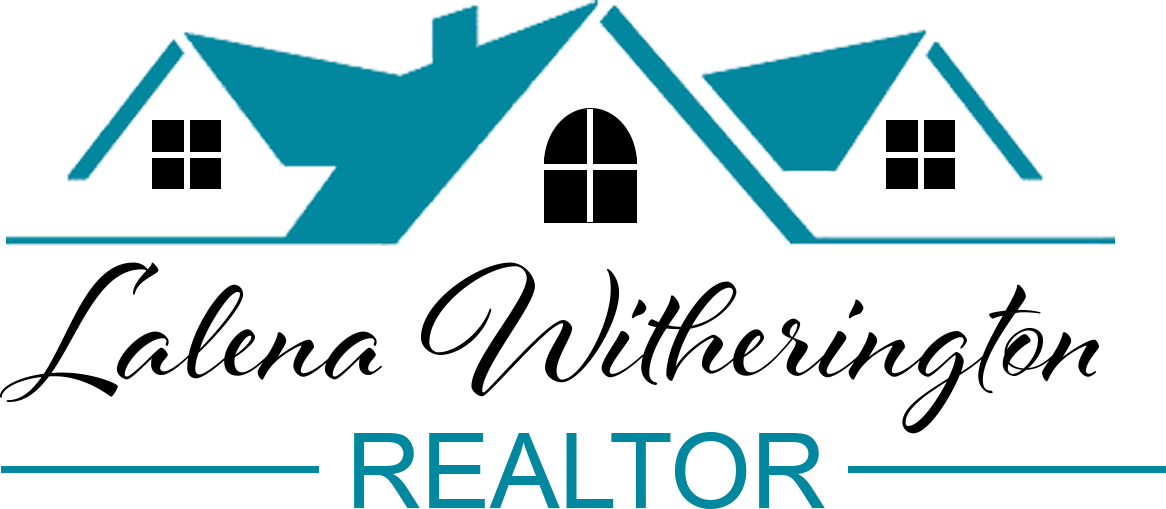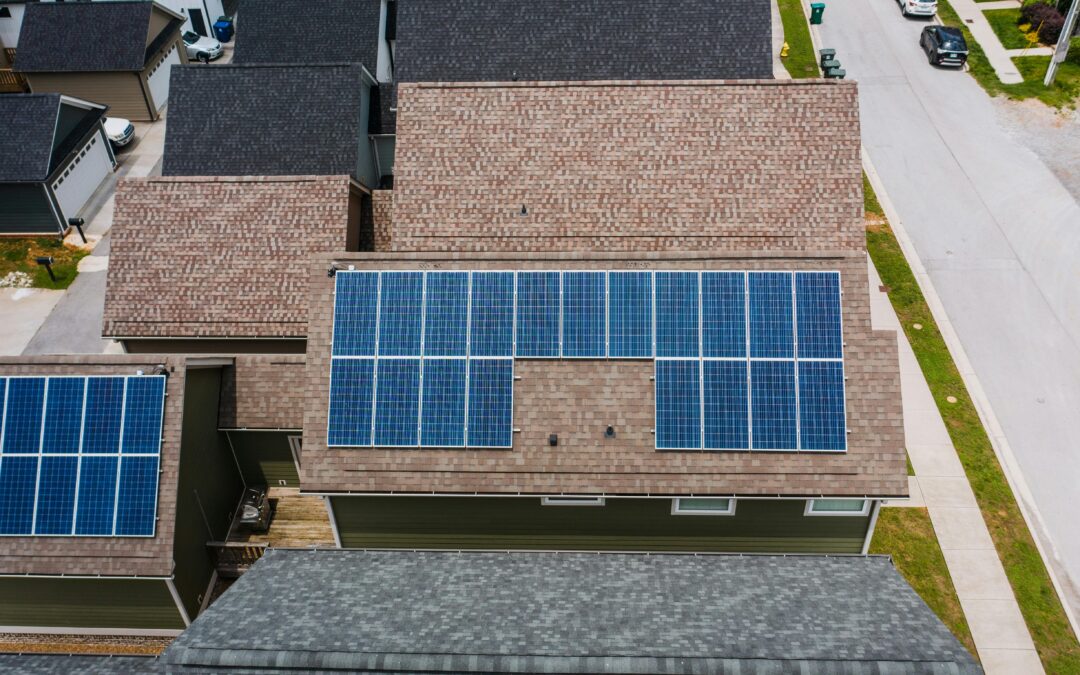As a realtor specializing in Central Florida properties, I often get asked about the benefits and drawbacks of solar panels, especially in a state known for its abundant sunshine. Solar energy is becoming increasingly popular, but is it the right choice for every homeowner? Let’s dive into the pros and cons of installing solar panels, so you can make an informed decision.
Pros of Solar Panels
- Lower Energy Bills
The most significant advantage of solar panels is the potential to drastically reduce your energy bills. Florida’s ample sunshine allows homeowners to generate a significant amount of electricity, which can offset or even eliminate monthly utility costs.
- Increased Home Value
Homes with solar panels often have a higher resale value. Buyers are increasingly seeking energy-efficient homes, and having solar panels installed can make your property more attractive, especially in an eco-conscious market like Florida.
- Environmental Benefits
Solar energy is a clean, renewable resource. By using solar power, you’re reducing your carbon footprint and contributing to a more sustainable future. This is an appealing aspect for buyers who prioritize environmental responsibility.
- Tax Incentives
Both federal and state governments offer tax incentives and rebates for installing solar panels. In Florida, there’s no state income tax, but homeowners can still take advantage of the federal solar tax credit, which can offset a portion of the installation costs.
- Energy Independence
With solar panels, you’re less reliant on the grid, which can be especially valuable during power outages caused by hurricanes or other severe weather events. In areas prone to power disruptions, this can be a major selling point.
Cons of Solar Panels
- High Upfront Costs
The initial cost of installing solar panels can be significant, ranging from $15,000 to $25,000 or more, depending on the size of the system. While tax incentives and long-term savings help offset this cost, the upfront expense can be a barrier for many homeowners.
- Aesthetic Concerns
Not everyone loves the look of solar panels. For some buyers, the appearance of large panels on the roof can be a deal-breaker, particularly if the system isn’t seamlessly integrated into the home’s design.
- Maintenance and Repairs
While solar panels are generally low-maintenance, they do require periodic cleaning and inspections to ensure they’re functioning efficiently. Additionally, if a panel or inverter needs repair, it can be costly and time-consuming.
- Performance Depends on Location
Although Florida gets plenty of sun, the amount of energy your solar panels generate can still be affected by factors such as roof orientation, shading from trees, and weather patterns. Homes with less-than-ideal conditions may not see as much benefit from solar power.
- Lengthy Payback Period
It can take several years to recoup the initial investment in solar panels through energy savings. For homeowners who plan to move in the near future, this long payback period may not make financial sense.
Final Thoughts
Solar panels can be a fantastic investment for the right homeowner, offering significant savings on energy bills, environmental benefits, and even increased property value. However, they’re not without their downsides, including high upfront costs and aesthetic considerations.
As a realtor, I always recommend weighing the pros and cons based on your specific circumstances. If you plan to stay in your home long-term and want to reduce your carbon footprint, solar panels could be a great choice. On the other hand, if you’re concerned about the upfront costs or don’t love the look of panels on your roof, it might not be the best fit for you.
Ultimately, the decision to go solar is a personal one, and it’s essential to consider all factors before making a commitment. If you have any questions or want to explore homes with solar panels in Central Florida, feel free to reach out—I’m here to help guide you through the process!

